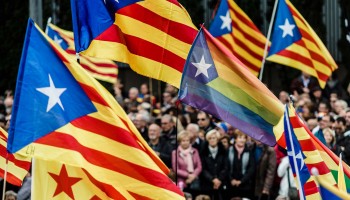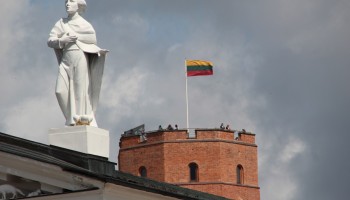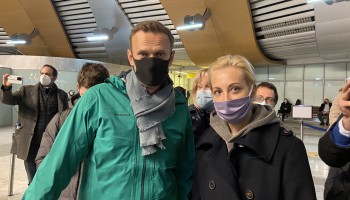Navalny was previously charged in relation to the KirovLes timber, but the case was closed earlier this year. Moreover, authorities officially informed him he was no longer a suspect and would receive reimbursement for his legal expenses.
The Kremlin’s action against Navalny stands out from the usual sanctions imposed on government critics, such as short-term detention and limits on TV presence. This may indicate that the government’s eagerness to silence Navalny trumps the fears of political backlash that could result from his prosecution.
Following the court hearing, Navalny told the press that the charges against him are “absurd and very strange.” He further compared his case to that of the oil mogul and president Vladimir Putin’s rival Mikhail Khodorkovsky, who was charged with tax evasion and has been in prison since 2003.
He added that he believes the government reopened the case in response to large anti-government demonstrations in May, on the eve of Putin’s inauguration. Navalny led those demonstrations.
However, the prosecutors claim that the case was reopened because they received new financial analysis and investigative materials.
Navalny was released under the condition that he doesn’t leave Moscow while the charges against him are pending.





